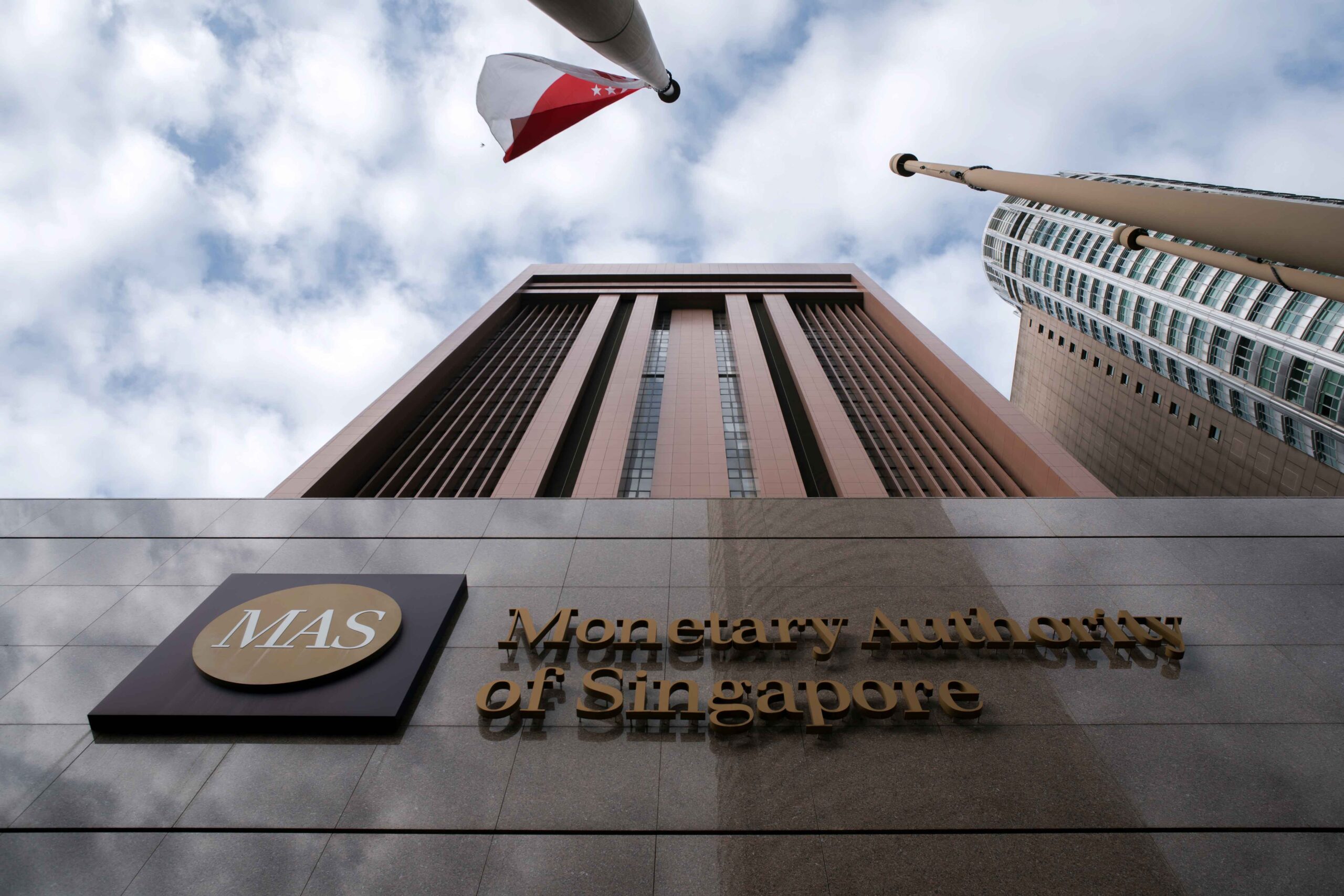MAS Launches S$5 Billion Programme for Stock Market Boost
The regulator's ambitious programme faces the acid test as over 70 fund managers vie for a slice of the action
In the pantheon of financial interventions, few are as audacious as the Monetary Authority of Singapore's (MAS) S$5 billion gambit to resurrect the city-state's anaemic equity market. Announced in February 2025 as part of a sweeping reform package, the Equity Market Development Programme (EQDP) represents nothing less than a state-sponsored attempt to manufacture market vitality where organic growth has chronically faltered.
The numbers tell a sobering story. Singapore's stock market has languished in the doldrums for years, with the Singapore Exchange (SGX) grappling with declining IPO activity and liquidity concerns. The number of listed companies has plummeted 20% in just five years, from 782 to 622 by January 2025, according to industry data. Trading volumes remain "significantly lower than those of larger markets", creating a vicious cycle where low liquidity begets poor valuations, which in turn deters new listings.
Against this backdrop, MAS's intervention feels less like market gardening and more like emergency surgery. The programme will channel funds to "asset managers with a strong investment track record" who can deploy capital across Singapore-listed equities, with strategies that are "actively managed, invest in a range of companies and not just index component stocks".

The Overwhelming Response
The market's appetite for this opportunity has been palpable. According to industry sources, MAS has received more than 70 proposals for the mandate, with asset managers proposing fees ranging from 10 to 60 basis points of assets under management. The regulator has reportedly interviewed five asset managers and is expected to announce the winning bidders as early as the end of July 2025.
This overwhelming response suggests that institutional investors recognise both the opportunity and the necessity of the intervention. For fund managers, the programme represents a rare chance to access guaranteed capital for what has traditionally been a challenging market to navigate. For Singapore, it's a calculated bet that injecting liquidity can catalyse broader market revival.
The Structural Challenges Run Deep
However, the programme's success hinges on addressing fundamental structural issues that have plagued Singapore's equity market for decades. The root cause of undervaluation is low liquidity, with turnover velocity at the SGX standing at just 36% for the whole of 2023, compared to significantly higher figures in more liquid markets.
This liquidity desert has been compounded by "thin liquidity and low trading volumes... further complicated by limited short-selling mechanisms for price discovery". The result is a market where price discovery is impaired, institutional investors are wary, and retail participation remains tepid.
The Beneficiaries: Quality Over Quantity
The programme's focus on actively managed strategies investing beyond index components suggests a deliberate attempt to broaden market participation. Companies like ComfortDelGro Corporation (SGX: C52) exemplify the type of quality domestic plays that could benefit from increased institutional attention.

ComfortDelGro's 2024 performance demonstrates the latent potential in Singapore's market. The transport giant delivered revenue growth of 15.4% year-on-year to S$4.48 billion, with profit after tax and minority interests rising 16.6% to S$210.5 million. Yet despite these solid fundamentals, the stock has historically traded at valuations that seem divorced from its operational performance—a classic symptom of the liquidity premium discount that afflicts many Singapore-listed names.
The Broader Context: Global Headwinds and Local Resilience
The timing of this intervention is particularly astute given the global investment landscape. While international markets have experienced volatility, Singapore's equity market has shown surprising resilience. The Straits Times Index (STI) reached new highs in July 2025, with an intraday high of 4,129.8 points, representing a steady 6% gain in the first half of the year.
This performance, while modest by global standards, suggests that Singapore's market may be quietly building momentum. The challenge now is whether the S$5 billion programme can amplify this momentum into sustained growth.
The Sceptics' View: Treating Symptoms, Not Causes
Critics argue that the programme amounts to treating symptoms rather than addressing underlying causes. The fundamental question remains: can artificially injected liquidity create sustainable market vitality, or will it merely provide temporary respite?
The experience of other markets suggests mixed results. While government intervention can provide crucial stability during crises, creating long-term market vibrancy requires deeper structural reforms. The MAS programme acknowledges this by coupling the equity initiative with broader regulatory changes, including consolidating listing functions, reducing merit-based judgments, and streamlining prospectus requirements.

The Hong Kong Template: Lessons from Across the Region
Singapore's approach bears comparison to Hong Kong's various market development initiatives over the years. The key difference lies in execution: where Hong Kong has often relied on regulatory changes and market access improvements, Singapore is deploying direct capital injection alongside structural reforms.
This twin-track approach may prove more effective, but it also raises questions about market dependency on government support. The programme's success will ultimately be measured not just by immediate liquidity improvements, but by whether it can wean the market off artificial support while maintaining momentum.
What This Means for Investors
For Singapore's high-earning professionals and institutional investors, the programme presents both opportunities and considerations:
Opportunities:
- Increased liquidity may improve price discovery and reduce volatility
- Mid-cap and small-cap stocks may benefit disproportionately from active management focus
- Quality domestic companies could see re-rating as institutional interest increases
Considerations:
- The programme's temporary nature (specific duration not disclosed) creates uncertainty about long-term sustainability
- Increased institutional participation may reduce retail investors' relative influence
- Success depends heavily on the quality of selected fund managers and their investment approaches
The Verdict: Necessary but Not Sufficient
The S$5 billion programme represents a bold and necessary intervention in Singapore's equity market. The overwhelming response from fund managers suggests genuine belief in the initiative's potential. However, the programme's ultimate success will depend on its ability to catalyse broader structural changes rather than simply providing temporary liquidity relief.
For Singapore's investment community, this represents a pivotal moment. The programme offers a rare opportunity to participate in a market renaissance, but investors must remain cognisant that artificial stimulus, however well-intentioned, cannot substitute for fundamental market attractiveness.
As one industry observer noted, the programme's true test will come not in the immediate liquidity improvements it generates, but in whether it can create sustainable conditions for long-term market growth. Only time will tell whether this S$5 billion bet pays off, but for now, it represents Singapore's most ambitious attempt to revitalise its equity market in decades.
Let us know what you think about this topic, and what do you want to hear next.
Sources:
- MAS Media Release - Comprehensive Set of Measures to Strengthen Singapore's Equities Market
- Asia Asset Management - MAS receives 70-plus proposals for S$5 billion mandate
- ComfortDelGro 2024 Results Press Release
- The Business Times - MAS to shortlist fund managers for S$5 billion programme
- Channel NewsAsia Commentary - What happened to Singapore's stock market?
You can now be our community contributor and make a pitch to have your favourite personality be on our show.
Join our community group and drop us your insights on this topic.

-4.png?width=50&name=Square%20(2)-4.png)







Let us know what you think of this post